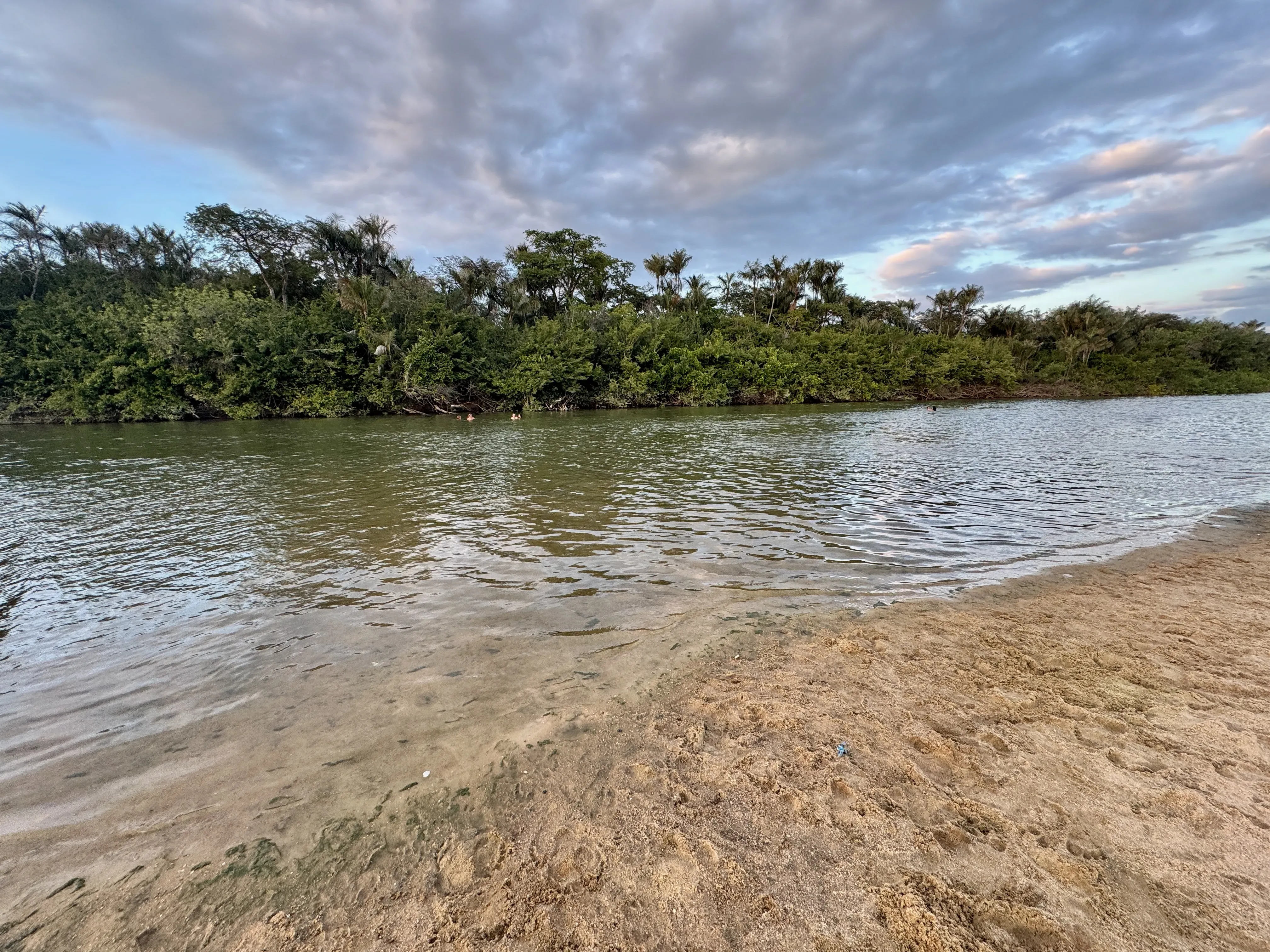
BOA VISTA, Brazil — Locals say that if you drink from the waters of the Branco River, fate will bring you back to Boa Vista, a city nestled among winding rivers and dense jungle and is the capital of Brazil's northern state of Roraima, which borders Venezuela and Guyana.
As I dipped my toes into the warm river, National Geographic images of piranhas flashed into my mind. I flinched. Brought to the river by Brazilian research colleagues, I overheard them laughing at my cautious movement. Swirling my toes through the water, I thought back over the whirlwind of a trip.
It was my first time in the field for a humanitarian project—a research collaboration between Queen's University in Canada and the International Organization for Migration (IOM). Our study explored the experiences of Venezuelan migrants and refugees, particularly gender-based violence and human trafficking. The goal was to identify gaps in services and strengthen programs.
By the end of the first day, I knew humanitarianism would become my life's work. I was determined to find a way back, even if it meant risking a nibble from a piranha.
Nearly three years later, IOM welcomed me back, but this time it was different. In exchange for focus group discussion guides and presentations, I arrived ready to take on a different form of interviewing—journalism.
To fully explore this new story, I needed to return to the border between Venezuela and Brazil. Blue silhouettes of distant mountains framed the never-ending jungle scenery as I set off in a taxi to Pacaraima, Brazil. In this small border town lies the heart of Operação Acolhida (Operation Welcome), a humanitarian response to the Venezuelan migration crisis. Bringing together United Nations agencies, NGOs, nonprofits, and the Brazilian government, Operação Acolhida has welcomed hundreds of thousands of Venezuelans to Brazil since its inception in 2018.
Evelin Molina, an IOM staff member, accompanied me to the entrance, where arriving Venezuelans take their first steps into Brazil. Anxious whispers, excited chatter, and the sound of children playing filled the reception center.
Marked by their iconic colorful vests, humanitarian workers nimbly weaved in and out of the busy crowds. Blue for the United Nations, red for Caritas, green for the Association of Volunteers in International Service—yet I couldn't help but notice there were fewer colors than my previous visit. Médecins Sans Frontières (Doctors Without Borders) and the International Federation of the Red Cross and Red Crescent Societies were no longer spotted navigating between the crowds. Staff later explained that, due to competing global crises, funding had shifted elsewhere, despite the ongoing critical need in Roraima.
Many IOM colleagues from my first visit, including those who brought me to the river, had since moved on to other posts. Still, in the crowd, familiar faces greeted me with a smile. What struck me most, however, was the realization that these young workers, driven by their desire to help, had left behind their own families, partners, and homes to live in Brazil's remote north. Some of them had even been here for over five years.
Just days after returning to Canada from Roraima, I learned that the political aftershocks of the Trump administration had reached the Venezuelan border.
Cuts to USAID halted many of the projects I had just visited, programs vital to the survival and protection of arriving Venezuelan migrants and refugees. As I contacted team members across organizations, I realized the financial losses went even deeper than I had imagined. These young humanitarians, who had already given so much, now faced new uncertainties: Would their work continue? Would thousands of migrants and refugees be left adrift? I often think of their resilience. Outside Brazil, few know of their heroic devotion, but for the Venezuelans they serve, their sacrifices mean everything.
Before leaving, I again ventured down to the waters of the Branco River, hoping it would once again promise my return. This time, however, I made an even greater wish, a wish for the future of Roraima—and the Venezuela that could be. A time when all Venezuelans can find work, opportunities, and homes beyond the walls of a shelter. A Venezuela where democracy is reborn, allowing millions to reunite with loved ones who were left behind. A Brazil where the colorful vests hang quietly in closets, awaiting their next call to serve. Not because the world has turned its back, but because hope has taken root in place of crisis.





